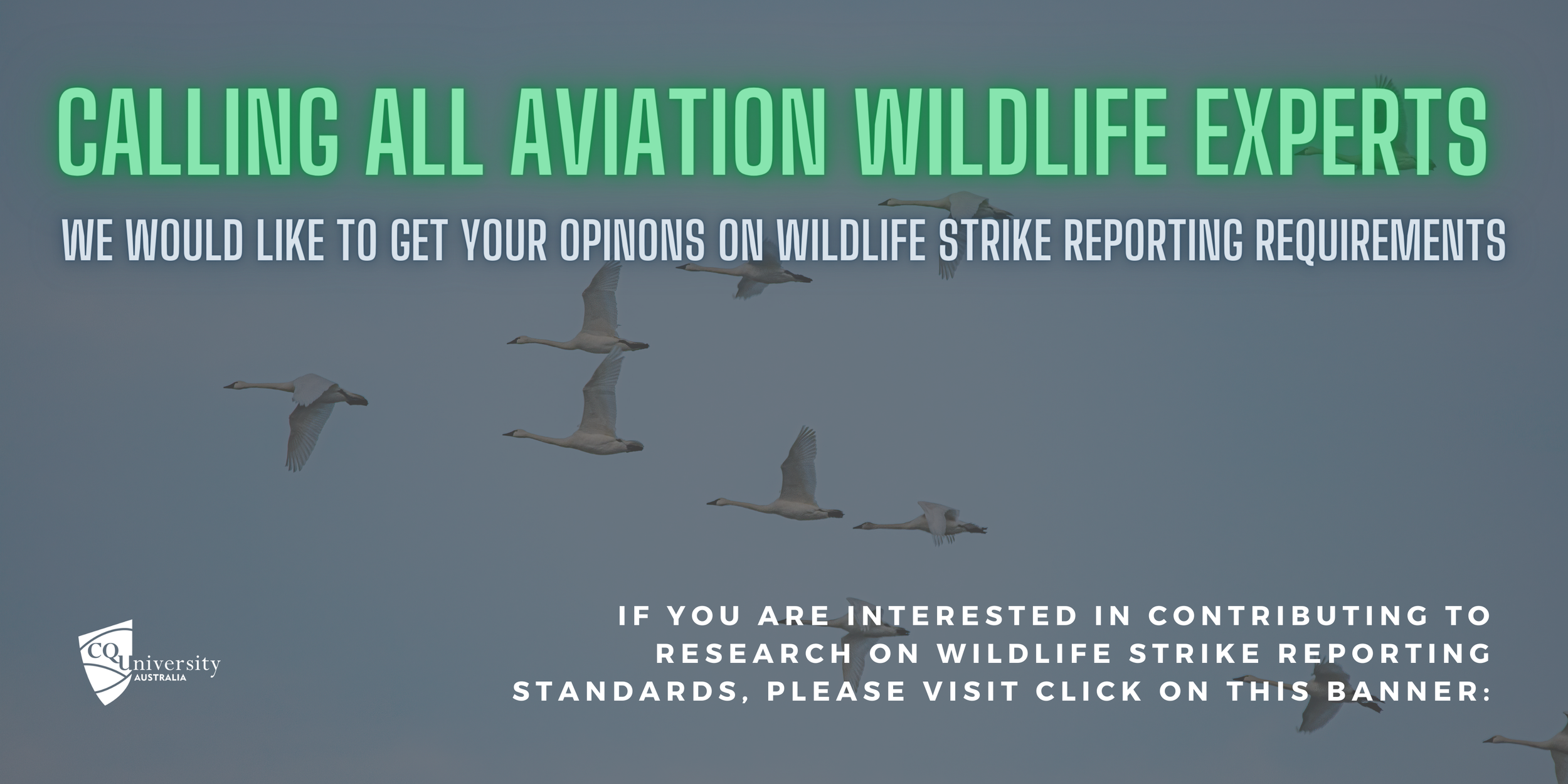Phase 1 is a Go! Calling all WHM Experts
Apologies for the blog being a little quiet and a little one side of late but I have been working pretty hard behind the scenes to get my PhD up to this point. And now, I can say that we are a go.
But first, a word from our sponsor…
The Final Hurdle
The latest and last stage of the pre-launch process for my PhD was ethics approval.
Technically, human research ethics approval. Even though I am undertaking a purely online, anonymous, voluntary multi-stage survey, I still need to have a good plan in place and meet the National Statement on Ethical Conduct of Human Research.
My university’s Human Research Ethics Committee has run its learned eye over my research project and given me the green light. So with approval number 0000023477 in hand, I am ready to invite those interested in participating in my research to submit an expression of interest to be part of an industry expert panel.
Consensus & the Delphi Technique
In case you haven’t heard me talk about my research project, the elevator pitch goes something like this:
Different countries around the world report wildlife strikes and associated events differently. This makes it hard to quantify the risk on a global level and to compare different States’ performance. Industry groups have tried to reform these standards and practices but have failed to reach a consensus. This project will use the established Delphi Technique to take bias, ego, pride and influence out of the equation to build a model on which can build new reporting systems.
If you’re after a longer explanation, check out the video below.
The power of the Delphi Technique actually is it anonymity. The participants are not known to each other and that will allow them to focus on the information being presented and to feel free to change their minds.
Through a structured and somewhat repetitive process, participants can put forward their views while receiving feedback from the group. Those that start and.or remain on the fringes will have to justify their positions and will either convince others to join them or move themselves towards the group.
The outcome we will be aiming for is a reporting framework that is clearer and more specific than the standards and guidance material that currently exists. We are working closely with those reviewing the ICAO IBIS Manual at the moment with a view to incorporating this research into its guidance.
Header image: Forest Katsch (via Pexels)

